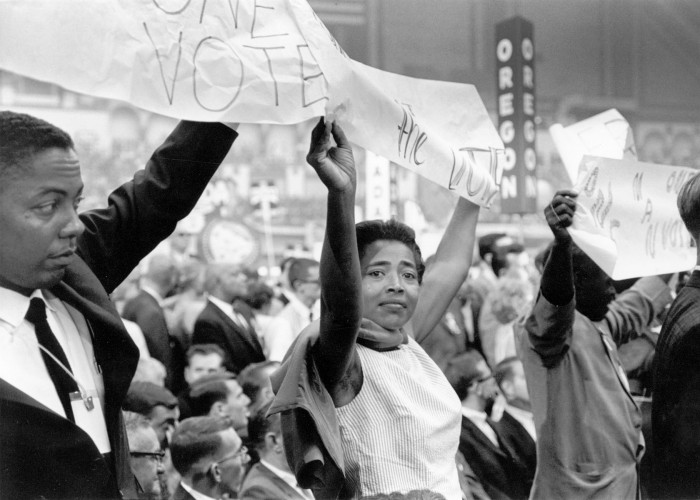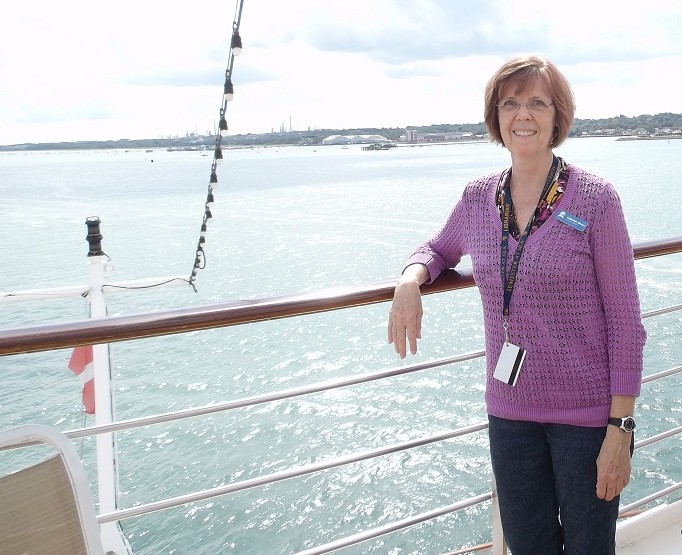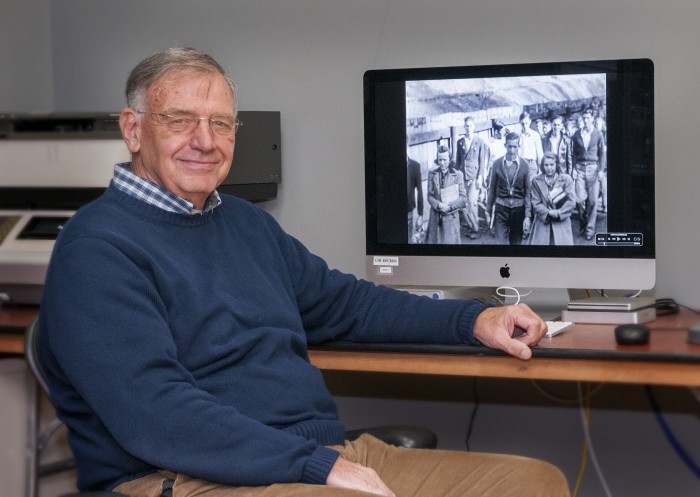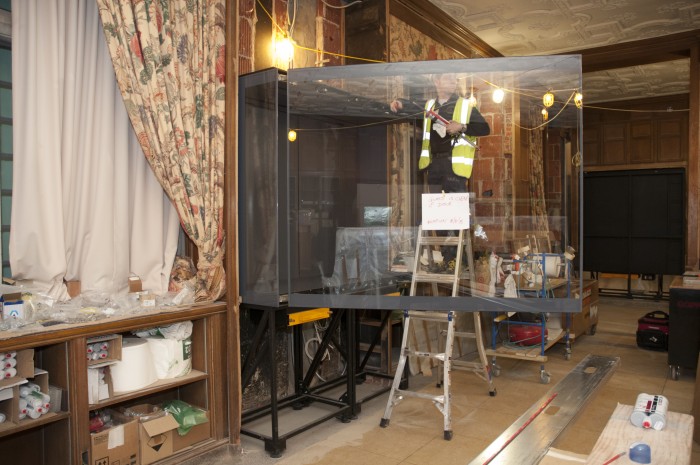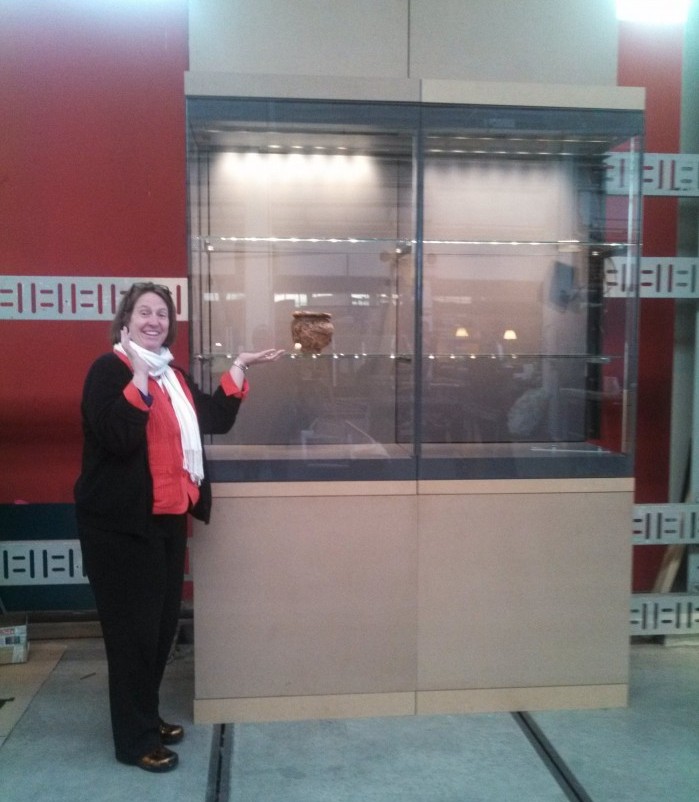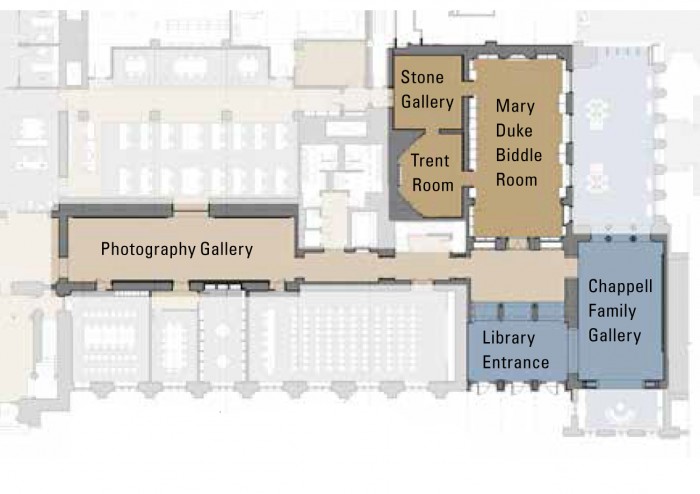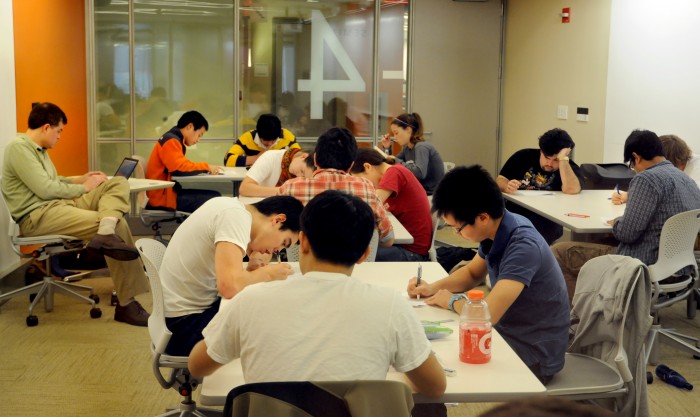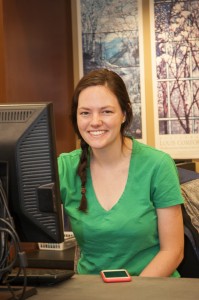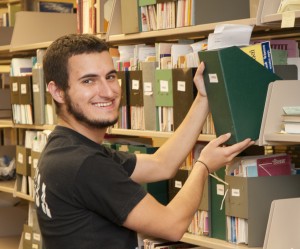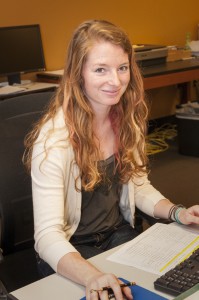
Great libraries are built over time. They evolve and grow over decades and centuries. That’s why endowments to the Duke University Libraries have such a lasting impact. Endowments establish a permanent stream of income that directly benefits Duke students and faculty members today, as well as those who will use our library resources in the future.
Supporting the Duke Forward campaign by establishing a library endowment is an opportunity to create an individualized legacy. Like endowed professorships, endowed library funds come with the assurance that knowledge of a beloved subject will continue to pass from one generation to the next. And because they generate ongoing income, endowments build strength and stability. The strongest collections in the Duke University Libraries are those endowed by generous donors over the last century.
We are grateful to the many friends, alumni, faculty, and students listed here who have established endowed library funds. Their support makes possible the kinds of innovative initiatives we highlight in this magazine. If you are interested in establishing an endowed library fund, contact Tom Hadzor, Associate University Librarian for Development, at 919-660-5940 or t.hadzor@duke.edu.

Alvin A. Achenbaum Travel Grants Fund
Established in 2014 for travel grants to visiting researchers at the John W. Hartman Center for Sales, Advertising & Marketing History.
Rex and Ellen Adams Library Endowment Fund
Established in 1989 for unrestricted support.
African and Afro-American Studies Quasi Endowment
Established in 1991 to support the African and Afro-American Studies collection.
Evie Allison and Gay Wilson Allen Library Endowment Fund
Established in 1989 for the acquisition of books in American literature.
Evie and Gay Wilson Allen Quasi Endowment Fund for Library Preservation
Established in 2001 for the preservation of materials.
Thomas W. Andrews Memorial Endowment Fund
Established in 1990 to support the J. Walter Thompson Company Archives.
Aptman Family Fund for Duke University Libraries
Established in 2013 to support the Aptman Prizes undergraduate award program.
Lowell and Eileen Aptman Fund
Established in 2011 for unrestricted support.
H. Ross Arnold III Library Endowment Fund
Established in 2007 for unrestricted support.
Isaac Erwin Avery Fund
Established in 1912 for the acquisition of books on journalism.
John Spencer Bassett Memorial Fund
Established in 1942 for unrestricted support.
Patricia Meyers Baugh Endowment Fund
Established in 1984 for unrestricted support.
Helene S. Baumann Memorial Endowment Fund
Established in 2008 for unrestricted support.
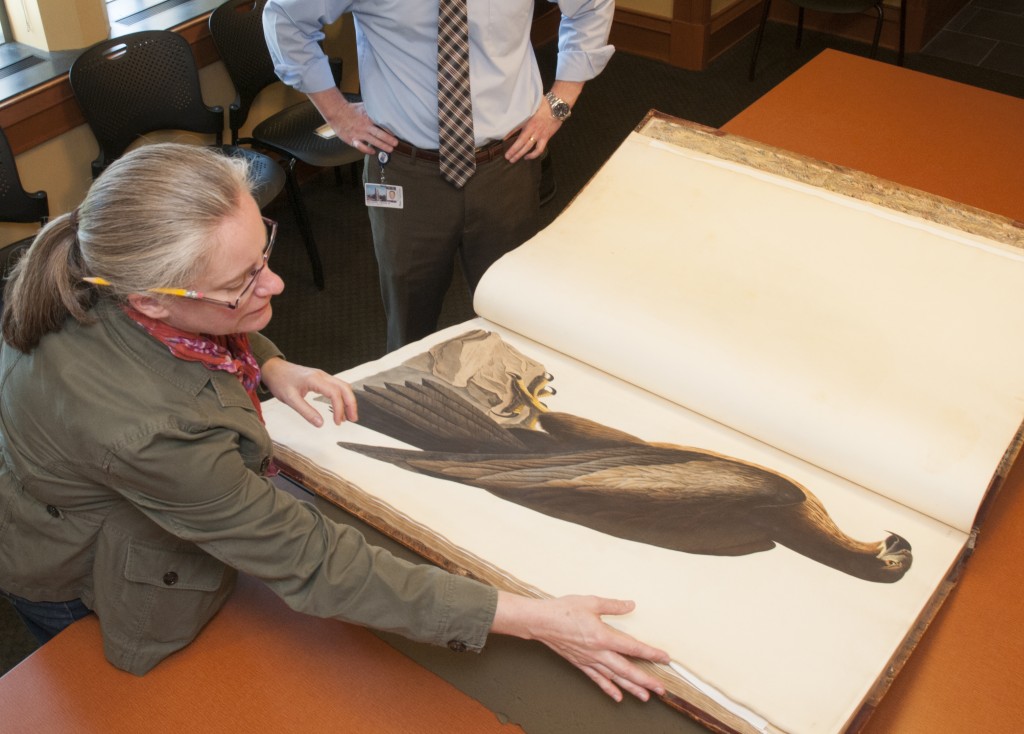
John M. and Sally V. Blalock Beard Endowment Fund for Perkins Library
Established in 1986 for acquisitions in history, economics, and Southern writers of the United States.
Douglas G. Beckstett and R. Elise Bideaux Library Endowment Fund
Established in 2000 for the acquisition and preservation of United States government documents.
Phillip R. and Valerie Bennett Family Library Endowment Fund
Established in 2000 for the preservation of materials.
Mary C. and Louis Berini Fund
Established in 2004 for unrestricted support.
Mary Duke Biddle Library Fund
Established in 1948 for unrestricted support.
Mary Lily Kenan Flagler Bingham Library Endowment Fund
Established in 1999 to provide research grants for access to women’s studies materials in Rubenstein Library.
Sallie Bingham Library Endowment Fund
Established in 2000 to support the Sallie Bingham Center for Women’s History and Culture.
Sallie Bingham Library Challenge Fund
Established in 2000 to match funds in support of the Sallie Bingham Center for Women’s History and Culture.
John O. and Jeanne Miles Blackburn Endowment Fund
Established in 1987 for acquisitions.
Charles Kellogg Bobrinskoy Library Fund
Established in 2004 for unrestricted support.
Lehman and Sorly Brady Library Endowment Fund
Established in 1990 for unrestricted support to Lilly Library.
Ralph Braibanti Islamic Studies Endowment Fund
Established in 1995 to support Islamic collections.
Alfred and Elizabeth Brand Special Collections Library Endowment Fund
Established in 1995 for the acquisition and preservation of rare materials.
Sara H. and Bruce Brandaleone Library Endowment Fund
Established in 1998 for the acquisition and preservation of materials on United States civilization.
Irwin A. Brody Memorial Book Fund for the History of the Neurosciences
Established for acquisitions on the history of the neurosciences.
William A. Bryan and William A. Bryan, Jr. Endowment Fund
Established in 1988 for unrestricted support.
Stuart U. and William T. Buice III Library Endowment Fund
Established in 1998 for the preservation of materials.
Campbell Library Endowment Fund
Established in 1991 for unrestricted support.
E. Rhodes and Leona B. Carpenter Foundation Exhibits Program
Established in 2007 to support the exhibits program at Duke University Libraries.
Leona B. Carpenter Senior Library Conservatorship Fund
Established in 2012 to support the Leona B. Carpenter Senior Library Conservatorship at Duke University.
Leona Bowman Carpenter Collection of English and American Literature Endowment Fund
Established in 1992 for the acquisition and preservation of English and American literature.
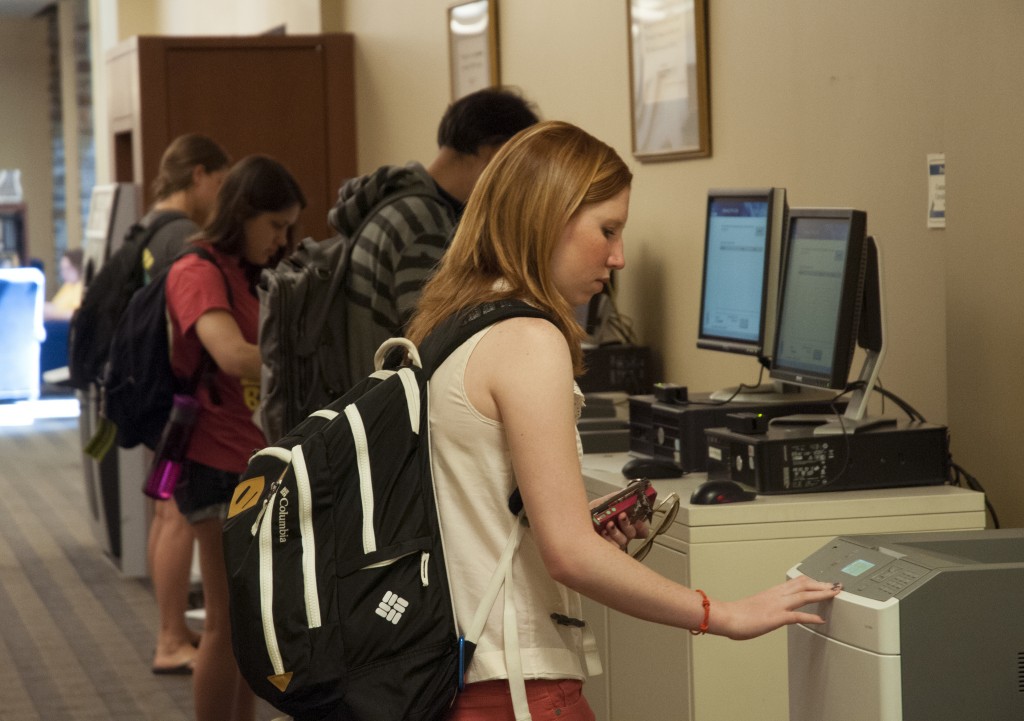
Elon Clark Endowment Publication Fund
Established in 1981 for the publication of illustrated volumes on the History of Medicine.
Kenneth Willis Clark and Adelaide Dickinson Clark Endowment Fund
Established in 1981 for the acquisition of Greek manuscripts at Rubenstein Library.
Class of 1909 Endowment Fund
Established in 1909 for unrestricted support.
Mary Kestler-Paul Clyde Endowment Fund
Established in 1989 for acquisitions in Women’s Studies.
R. Taylor Cole Endowment Fund
Established in 1970 for the acquisition of books on political science.
Joel and Shirley Colton Fund
Established in 2009 for unrestricted support.
Donald D. and Elizabeth Griggs Cooke Foundation Endowment Fund
Established in 1984 for the acquisition of rare books and manuscripts for Rubenstein Library.
Eli Franklin Craven Memorial Endowment Fund
Established in 1983 for the acquisition and preservation of materials on United States history and culture.
Catherine G. Curran Quasi Fund
Established in 2009 to support the Sidney D. Gamble Photographic Collection.
Harry L. Dalton Curator of Rare Books Endowment Fund
Established in 1986 to support the Harry L. Dalton Curator of Rare Books.
Elizabeth Howland and Robert Grady Dawson Endowment Fund
Established in 1983 for unrestricted support.
DeMatteo Library Endowment Fund
Established in 1991 for unrestricted support.
Frank T. deVyver Endowment Fund
Established in 1970 for the acquisition of books on economics.
Marie E. and Robert O. Dierks Library Endowment Fund
Established in 1991 for the acquisition of books on engineering and computer science.
Isobel Craven Drill Endowment for Perkins Library Book Acquisitions
Established in 1993 for the acquisition of books and manuscripts.
Isobel Craven Drill Endowment for the Archives
Established in 1986 for the acquisition and preservation of records in the University Archives.
The Duke Endowment Library Collaboration Fund
Established in 2004 to support meetings between the four Duke Endowment supported libraries.
The Duke Endowment Perkins Library Quasi Fund
Established in 2008 for unrestricted support.
Duke University Libraries Memorial Endowment Fund
Established in 2005 for unrestricted support.
Robert B. and Connie Dunlap Endowment Fund
Established in 1996 for unrestricted support.
Dunspaugh-Dalton Library Endowment Fund
Established in 1979 for unrestricted acquisitions.
John and Eleanor Thomas Elliott Library Endowment Fund
Established in 1973 to support the James A. Thomas Collection.
Engineering Class of 1988 Library Endowment Fund
Established in 1988 for the acquisition of books and reference materials on engineering.
Faculty Recognition Endowment Fund
Established in 1991 for unrestricted support.
Teresa Fallon Library Endowment Fund
Established in 1999 for unrestricted support.
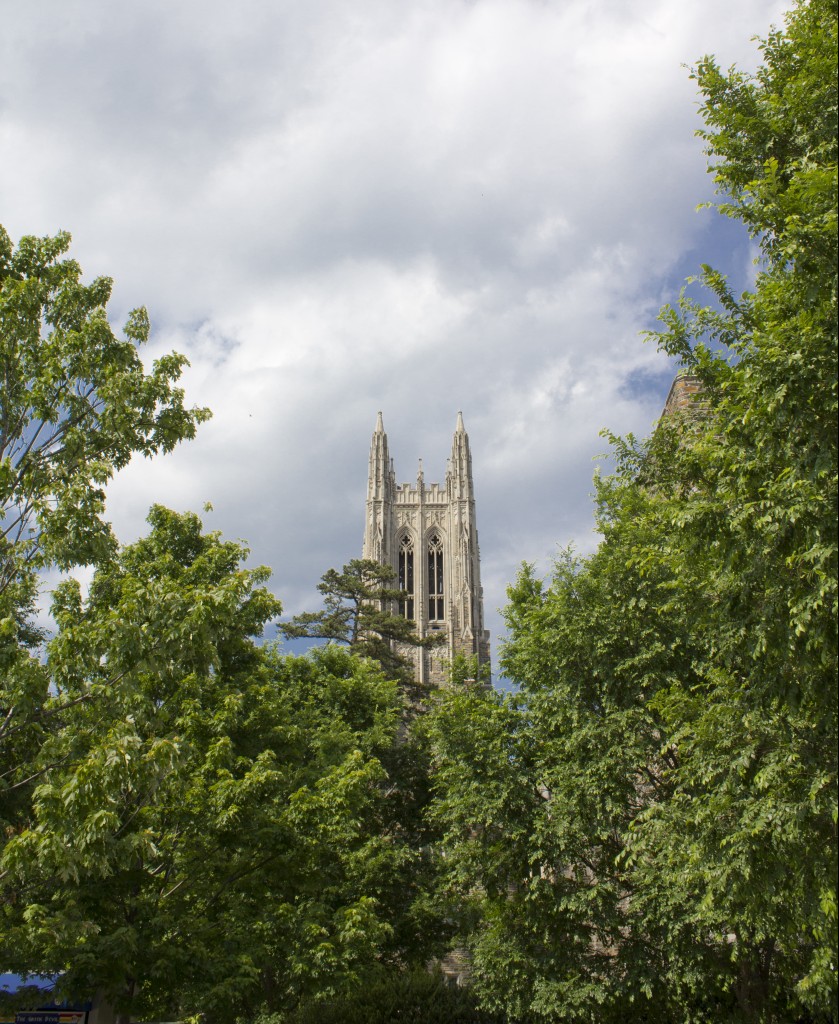
Mary R. Few International Studies Endowment Fund
Established in 1995 for acquisitions in international studies.
William Preston Few Endowment Fund for the William R. Perkins Library
Established in 1985 for acquisitions in English literature and English language studies.
Gretchen S. and Edward A. Fish Endowment Fund
Established in 1997 for unrestricted support.
George Washington Flowers Memorial Fund
Established in 1937 for acquisitions on the culture of the American South.
John Hope Franklin Collection Fund
Established in 2004 for the acquisition and preservation of materials in the John Hope Franklin Collection.
Friends of the Library Preservation Endowment Fund
Established in 1998 for the preservation of materials.
Artyn Haig Gardner Endowment Fund
Established in 1989 for unrestricted support.
William Francis Gill Memorial Fund
Established in 2007 to support the Latin collection.
Glaxo Wellcome Endowment Fund for African American Documentation
Established in 1996 to support the John Hope Franklin Research Center for African and African American History and Culture.
Elizabeth Tucker and William Burton Gosnell Endowment Fund
Established in 1986 for acquisitions.
Charles M. and Mary D. Grant Foundation Endowment
Established in 1975 for the acquisition of books.
Virginia Gearhart Gray Endowment
Established in 1976 for acquisitions on the history and culture of the United States.
Ira D. and Patricia S. Gruber Endowment Fund
Established in 2011 for unrestricted support.
Wally R. Hackett Library Fund
Established in 1981 for unrestricted support.
Gerd and Thor Hall / Ruth and Clarence Huling Library Fund
Established in 1990 to support continuing education for staff at the Duke University Libraries.
Louise Hall Library Endowment
Established in 1988 for the acquisition and preservation of materials on visual arts and architecture.
William B. Hamilton Library Fund
Established in 1965 for the acquisition of books and manuscripts.
Harry H. Harkins, Jr. Library Endowment Fund
Established in 2000 for acquisitions in gay and lesbian history, culture, and literature.
Evelyn Harrison Endowment Fund
Established in 1984 for unrestricted support of Lilly Library.
John W. Hartman Center Library Endowment Fund
Established in 1994 to support the John W. Hartman Center for Sales, Advertising & Marketing History.
Judith Lofquist Healy Endowment Fund for English Literature
Established in 1990 for acquisitions in American literature.
Merle Hoffman Directorship Fund
Established in 2011 to support the Merle Hoffman Directorship of the Sallie Bingham Center for Women’s History and Culture.
Rita DiGiallonardo Holloway Endowment Fund for the Librarian of Duke University
Established in 1997 to support the University Librarian of Duke University.
Eric L. Holsti Memorial Endowment Fund
Established in 1978 for acquisitions.
Ole Holsti Fund
Established in 2011 for unrestricted support.
Edward and Deborah Horowitz Endowment Fund
Established in 2005 for unrestricted support.
Jay B. Hubbell Library Endowment Fund
Established in 1986 for acquisitions in American literature.
William Thomas and Mollie Harris Huckabee Endowment Fund
Established in 1995 for the acquisition of books in American literature and history.
Huckle Library Fund
Established in 1980 for unrestricted support.
Eleanore and Harold Jantz Library Endowment Fund
Established in 2009 to support the Harold Jantz Collection.
Eleanore and Harold Jantz Graduate Student Internships Fund
Established in 2015 to support graduate student internships at Rubenstein Library.
Carl Wesley Judy Korean Library Fund
Established in 1994 for unrestricted support.
Jane W. and Harry D. Kellett Endowment Fund
Established in 1991 for the acquisition of books and materials.
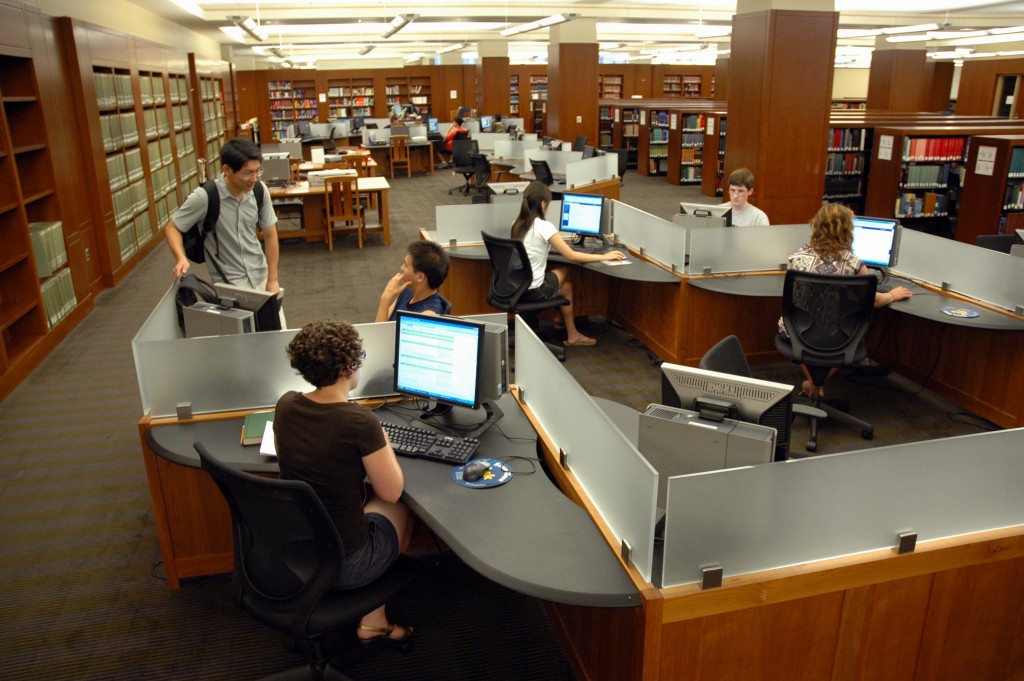
Mary Kestler-Paul Clyde Endowment Fund
Established in 1989 for acquisitions in Women’s Studies.
William King Endowment Fund for the University Archives
Established in 2002 to support the University Archives.
Korman Leadership Endowment Fund
Established in 1987 to support the Korman American Presidency Collection.
J. Walter Lambeth Fund
Established in 1966 for the acquisition of books on international understanding.
Landis-Suther Library Endowment
Established in 1987 for acquisitions in American literature for Lilly Library.
Karla Langedijk Library Endowment
Established in 1981 for acquisitions of rare books and materials.
John Tate Lanning Endowment Fund
Established in 1970 for the acquisition of books on history.
John Tate Lanning Endowment Collection
Established in 1973 for the acquisition of books on Spanish and Latin American fields and related history.
Librarian’s Discretionary Endowment Fund
Established in 1991 to provide discretionary income for expenditure by the University Librarian.
Eleanor B. MacLaurin Marine Laboratory Library Quasi Endowment Fund
Established in 1987 for acquisitions at the Duke University Marine Biological Laboratory.
Eleanor B. MacLaurin Biological Sciences Library Quasi Endowment Fund
Established in 1987 for acquisitions in zoology.
Ronald E. Marcello Fund for Historical Collections
Established in 2011 for acquisitions of primary and secondary materials on American history.
McConnell Library Endowment Fund
Established in 1991 for unrestricted support.
John and Carol McEachren Library Endowment Fund
Established in 1987 for the acquisition of books.
Andrew W. Mellon Fund for Senior Library Conservator
Established in 2010 to support the Senior Library Conservator at Duke University.
Gertrude Merritt Endowment
Established in 1980 for the acquisition of books.
Harvey M. and Lenore P. Meyerhoff Fund
Established in 1980 for acquisitions.
Chester P. Middlesworth Library Endowment Fund
Established in 1987 to provide annual awards to undergraduate and graduate papers utilizing the manuscript collections.
Wendy and Bruce Mosler Library Endowment Fund
Established in 1987 for unrestricted support.
Julia H. Negley Endowment Fund
Established in 1985 to support the Glenn Negley Collection of Utopian Literature.
Neske Family Endowment Fund for German Materials
Established in 2014 to support the German materials collection.
Nineteenth-Century American Humor Endowed Library Fund
Established in 1989 for acquisitions in nineteenth-century American humor.
Jean Fox O’Barr Fund
Established in 2010 to support the Sallie Bingham Center for Women’s History and Culture.
Claudia Louise Salley Parker Fund
Established in 1980 for the acquisition of primary sources on medieval and early modern European history to 1648.
Harold T. Parker Book Fund
Established in 1978 for the acquisition of books on European history.
Lucile Parker Fund
Established in 1966 for acquisitions.
PepsiCo Foundation Library Endowment Fund
Established in 2001 to support the Technology Mentor Program at Duke University.
Perkins Library Quasi Endowment Fund
Established in 2006 to provide operational and budgetary support for Perkins Library.
T.L. Perkins Library Endowment Fund
Established in 1971 for the acquisition of books.
Leland R. Phelps Endowment for Rare Books
Established in 1990 for unrestricted support of the rare book collections.
Benjamin E. Powell Library Endowment Fund
Established in 1975 for acquisitions.
Reynolds Price Quasi Endowment Fund
Established in 2015 for the acquisition of manuscripts by American writers from the 20th century, with a preference for materials related to Reynolds Price.
Lura Abernathy Rader Library Endowment Fund
Established in 1979 for acquisitions and operational needs.
Rare Books & Materials Fund
Established in 2014 to support materials related to physics donated to the Rubenstein Library.
Arthur G. Raynes Endowment in Imaginative Writing
Established in 1986 to support the Arthur G. Raynes Collection of Contemporary Letters.
Floyd M. and Marguerite F. Riddick Endowment Fund
Established in 1983 for the acquisition and preservation of materials on legislative and parliamentary procedure, American politics, and public policy at Rubenstein Library.
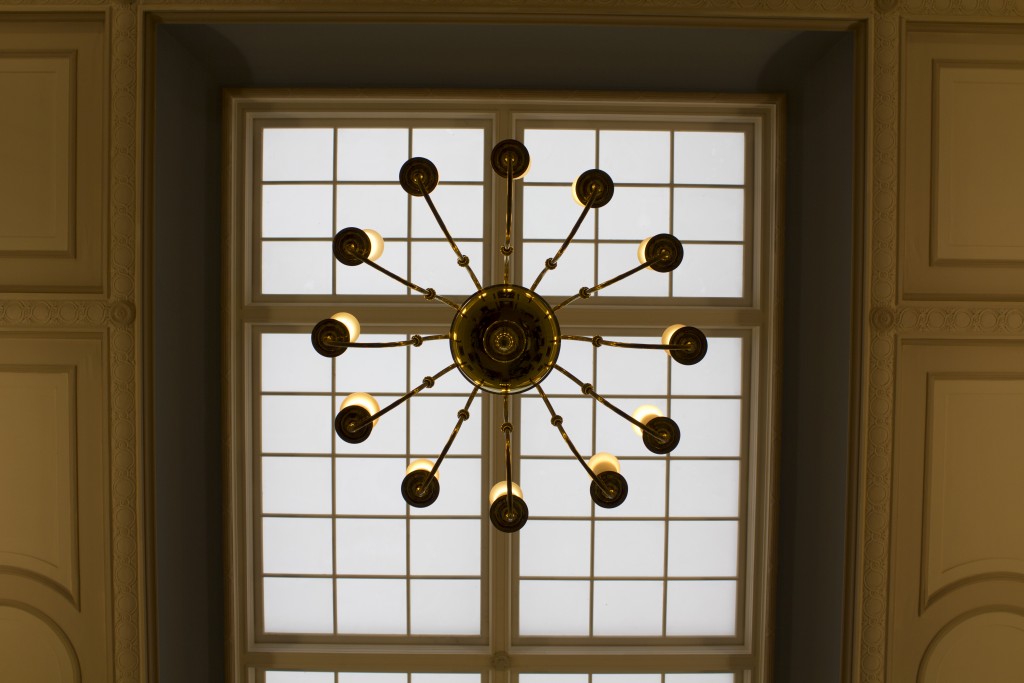
Verne and Tanya Roberts Library Endowment Fund
Established in 1998 for unrestricted support.
Alice S. and Louis H. Roddis, Jr. Library Endowment Fund
Established in 1986 to support materials on the history of science and technology.
Steed Rollins Memorial Library Endowment Fund
Established in 1987 to support the Steed Rollins Collection of American and English literature at Rubenstein Library.
Rudolph William Rosati Endowment Fund
Established in 2012 to advance creative writing among students.
Mattie Underwood Russell Endowment Fund
Established in 1985 for the acquisition and preservation of manuscripts on the history and culture of the Americas.
Clyde Ryals Library Endowment Fund
Established in 1991 for the acquisition of rare materials in Victorian English literature.
Anna H. Smith Endowment Fund
Established in 1988 for unrestricted support.
Earl E.T. Smith, Jr. Diplomatic Studies Library Endowment
Established in 1992 for the acquisition of materials in diplomatic studies.
Robert S. Smith Memorial Fund
Established in 1971 for the acquisition of books on economics in Spain and Latin America.
Barbaralee Diamonstein and Carl Spielvogel Video History Archive Fund
Established in 1987 to support the Diamonstein/Spielvogel Video Archive.
Henry Call and Margaret Jordan Sprinkle Fund
Established in 1997 for unrestricted support.
Henry L. Taylor Library Endowment Fund
Established in 1987 for unrestricted support.
Mary Olive Thomas Endowment Fund
Established in 1984 for acquisitions.
J. Walter Thompson Company Fund Incorporated Endowment
Established in 1990 to support the J. Walter Thompson Company Archives.
Philip Traci Memorial Library Endowment Fund
Established in 1986 for the acquisition of books on rhetoric.
Trent History of Medicine Endowment Fund
Established in 2014 to support the mission of the History of Medicine Collections.
Arlin Turner Library Endowment Fund
Established in 1986 for the acquisition of rare books in American literature.
George I. Uhde, MD Endowment Fund
Established in 1981 to support the Trent Associates of the History of Medicine Collections.
Walter McGowan and Minnie Daniel Upchurch Fund
Established in 2007 to support the sacred music collection.
W.M. Upchurch, Jr. Memorial Endowment for the Archives
Established in 1990 for the acquisition and preservation of student-generated records for the University Archives.
Aleksandar S. Vesic Memorial Library Fund
Established in 1983 for the acquisition of materials on engineering.
Vinnakota Family Library Endowment Fund
Established in 1999 for new collection initiatives.
John P. and Byrne Ware Waggoner Endowment Fund
Established in 1988 for acquisitions.
Lexie I. Walton Endowment Fund
Established in 1988 for unrestricted support.
Professor Bruce Wear Wardropper Fund
Established in 2004 for unrestricted support.
William and Lizabeth Weaver Library Endowment
Established in 1989 to support the William B. Weaver Memorial Lecture.
Paul B. Williams, Inc. New Technology Endowment Fund
Established in 2008 to support new technology.
James J. Wolfe Memorial Fund
Established in 1921 for the acquisition of periodicals on biology.
Women’s Studies Archives Endowment Fund
Established in 1993 to support the Women’s Studies Archivist and the Women’s Studies Archive.
Lizzie Taylor Wrenn Foundation Fund
Established in 2007 for acquisitions.


